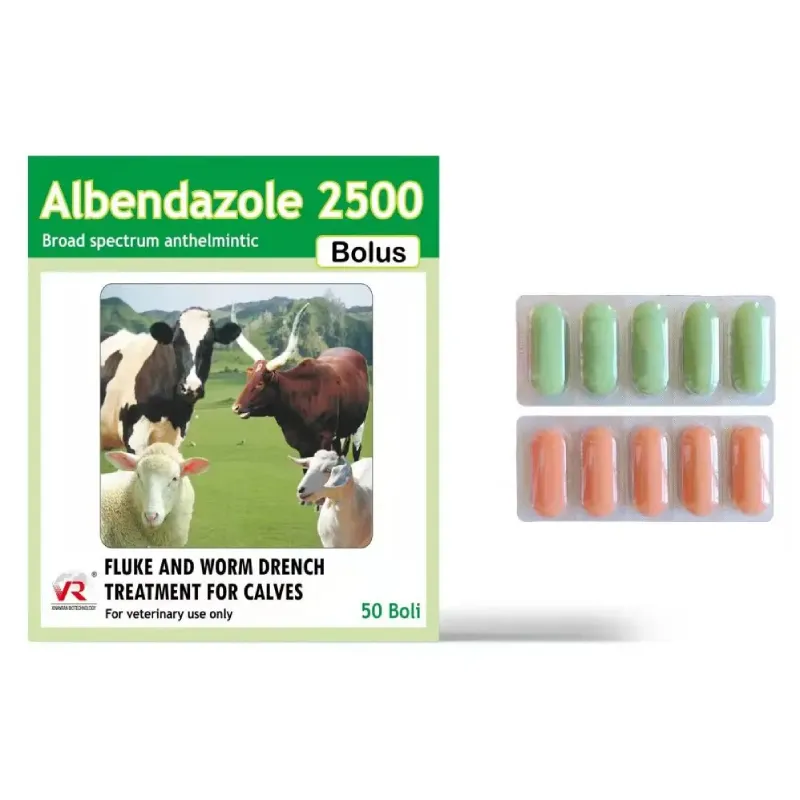- Afrikaans
- Albanian
- Amharic
- Arabic
- Armenian
- Azerbaijani
- Basque
- Belarusian
- Bengali
- Bosnian
- Bulgarian
- Catalan
- Cebuano
- Corsican
- Croatian
- Czech
- Danish
- Dutch
- English
- Esperanto
- Estonian
- Finnish
- French
- Frisian
- Galician
- Georgian
- German
- Greek
- Gujarati
- Haitian Creole
- hausa
- hawaiian
- Hebrew
- Hindi
- Miao
- Hungarian
- Icelandic
- igbo
- Indonesian
- irish
- Italian
- Japanese
- Javanese
- Kannada
- kazakh
- Khmer
- Rwandese
- Korean
- Kurdish
- Kyrgyz
- Lao
- Latin
- Latvian
- Lithuanian
- Luxembourgish
- Macedonian
- Malgashi
- Malay
- Malayalam
- Maltese
- Maori
- Marathi
- Mongolian
- Myanmar
- Nepali
- Norwegian
- Norwegian
- Occitan
- Pashto
- Persian
- Polish
- Portuguese
- Punjabi
- Romanian
- Russian
- Samoan
- Scottish Gaelic
- Serbian
- Sesotho
- Shona
- Sindhi
- Sinhala
- Slovak
- Slovenian
- Somali
- Spanish
- Sundanese
- Swahili
- Swedish
- Tagalog
- Tajik
- Tamil
- Tatar
- Telugu
- Thai
- Turkish
- Turkmen
- Ukrainian
- Urdu
- Uighur
- Uzbek
- Vietnamese
- Welsh
- Bantu
- Yiddish
- Yoruba
- Zulu
Nov . 30, 2024 06:07 Back to list
doxycycline hyclate uses for dogs
Doxycycline Hyclate Uses for Dogs A Comprehensive Overview
Doxycycline hyclate is a broad-spectrum antibiotic that belongs to the tetracycline class of medications. It is commonly used in both human and veterinary medicine. In dogs, doxycycline is prescribed for a variety of bacterial infections due to its effectiveness in treating certain conditions and its relatively mild side effects. This article explores the uses, benefits, and potential risks of doxycycline hyclate for dogs.
Uses of Doxycycline in Dogs
1. Bacterial Infections Doxycycline is primarily prescribed to treat bacterial infections, such as pneumonia, skin infections, and urinary tract infections. It is particularly effective against Gram-positive and Gram-negative bacteria, making it a versatile choice for pet owners and veterinarians alike.
2. Tick-Borne Diseases One of the most noteworthy uses of doxycycline in veterinary medicine is for the treatment of tick-borne diseases like Lyme disease and Rocky Mountain Spotted Fever. These conditions can lead to severe health complications if not treated promptly. Doxycycline effectively targets the pathogens responsible for these diseases, which are commonly transmitted to dogs through tick bites.
3. Respiratory Infections Doxycycline is often used to treat respiratory infections in dogs, such as kennel cough, which is a contagious condition that can affect dogs in group settings. By inhibiting bacterial growth, doxycycline can help alleviate the symptoms and shorten the duration of the infection.
4. Periodontal Disease In some cases, doxycycline can be used as an adjunct treatment for periodontal disease in dogs. This condition, which affects the gums and supporting structures of the teeth, can lead to more serious health issues if left untreated. The drug helps control the bacterial infection associated with periodontal disease and can improve overall oral health.
5. Acne and Dermatitis Doxycycline may also be prescribed for certain dermatological conditions, including acne and allergic dermatitis. It helps by reducing the population of bacteria on the skin and controlling inflammation.
doxycycline hyclate uses for dogs

Benefits of Doxycycline
Doxycycline offers several advantages for treating infections in dogs. Firstly, it is generally well-tolerated and has a relatively low incidence of side effects compared to some other antibiotics. Secondly, it has a long half-life, which allows for once-daily dosing in many cases. This convenience is a significant benefit for pet owners who may struggle to administer multiple doses throughout the day.
Moreover, doxycycline is effective against a wide range of bacteria, making it a suitable choice for empirical treatment before the specific bacteria are identified through culture tests. Additionally, its ability to penetrate tissues and reach bacteria that may be harder to treat makes it a valuable option in cases of serious infections.
Potential Risks and Side Effects
While doxycycline is generally safe, it is not without risks. Some of the potential side effects in dogs include vomiting, diarrhea, and loss of appetite. In rare cases, more severe reactions can occur, such as allergic reactions or effects on the liver and kidneys. Due to its photosensitivity, dogs treated with doxycycline should be kept out of direct sunlight to prevent skin reactions.
Furthermore, doxycycline should not be given to pregnant or nursing dogs, as it may affect fetal development or be passed through milk, potentially harming puppies. As with any medication, it is crucial to follow the veterinarian’s dosing instructions precisely and to discuss any concerns with them beforehand.
Conclusion
Doxycycline hyclate is a potent antibiotic with a range of applications in veterinary medicine, particularly for dogs. Its effectiveness in treating various bacterial infections, especially those transmitted by ticks, makes it an invaluable tool for veterinarians. However, pet owners must remain vigilant regarding potential side effects and contraindications. Ultimately, the decision to use doxycycline should be guided by a veterinarian’s expertise, ensuring the health and well-being of your furry companion. Regular veterinary check-ups, appropriate vaccinations, and preventive care measures can significantly reduce the risk of infections requiring antibiotic treatment, contributing to a healthier life for dogs.
-
Guide to Oxytetracycline Injection
NewsMar.27,2025
-
Guide to Colistin Sulphate
NewsMar.27,2025
-
Gentamicin Sulfate: Uses, Price, And Key Information
NewsMar.27,2025
-
Enrofloxacin Injection: Uses, Price, And Supplier Information
NewsMar.27,2025
-
Dexamethasone Sodium Phosphate Injection: Uses, Price, And Key Information
NewsMar.27,2025
-
Albendazole Tablet: Uses, Dosage, Cost, And Key Information
NewsMar.27,2025













